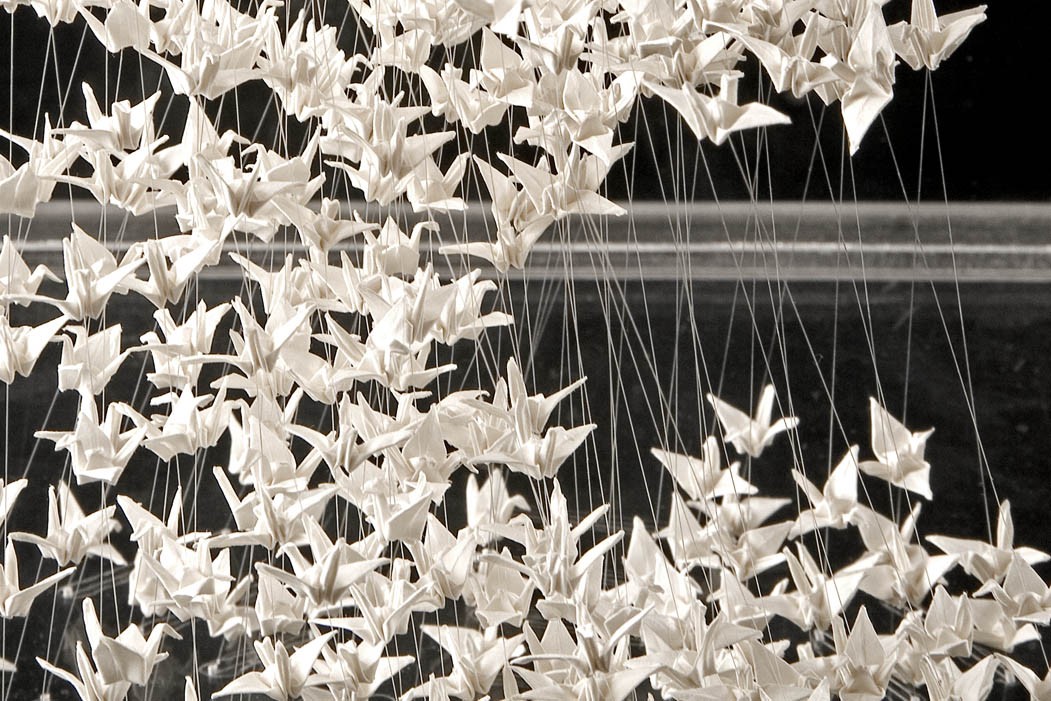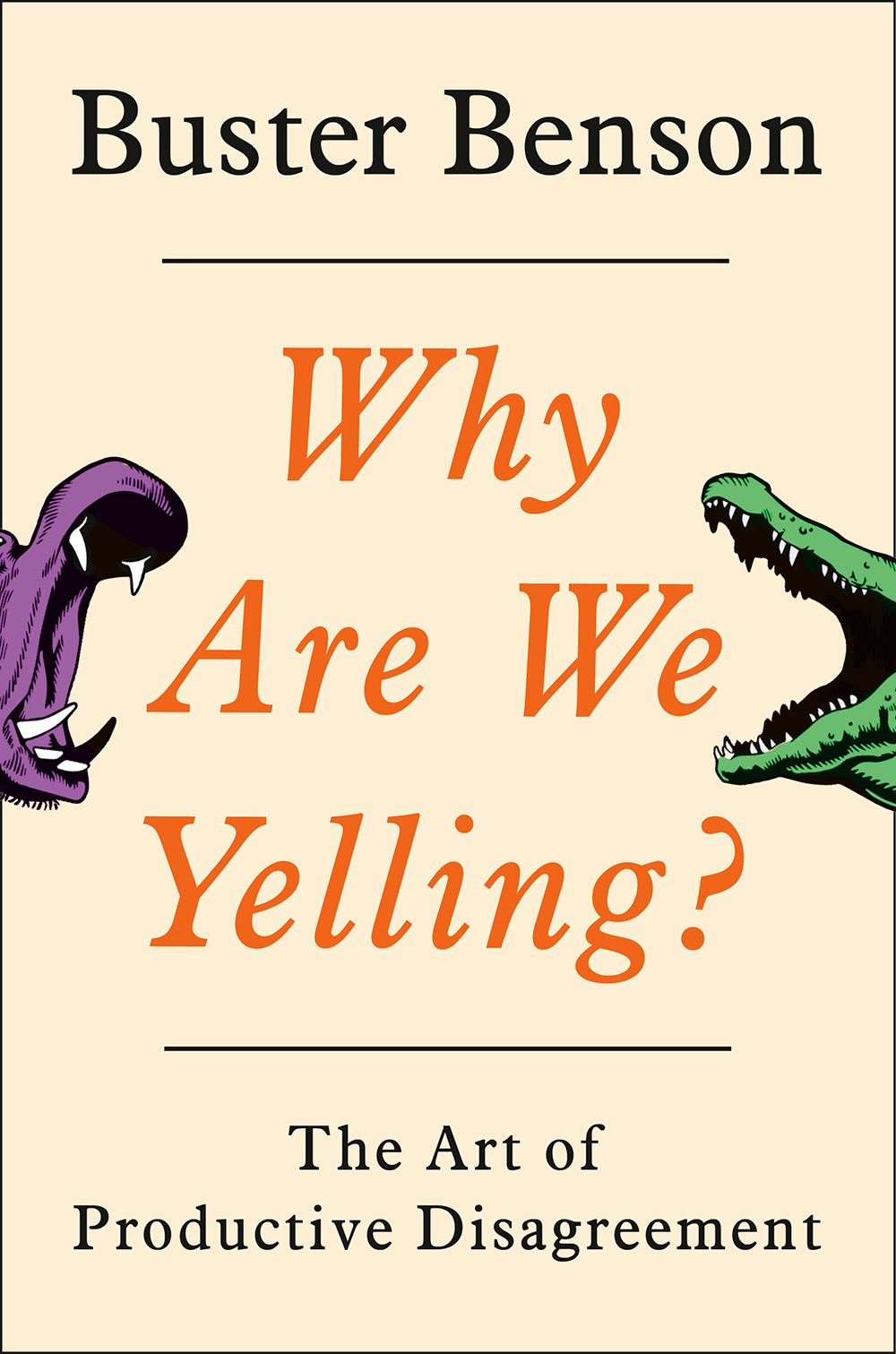1 metric kiloslog
I respect BJ Fogg and his work around tiny habits, but lately I’ve found my own opinions (granted, I’m no academic) diverging from his quite a bit.
All of my thinking about behavior change lately has ended up re-affirming my conviction that habits aren’t tiny things. They’re huge. If you could do a brain scan on someone and squirt food coloring into their ear that highlighted the neuronal pathways that supported, say, their exercise habit, my guess is that you’d see a complex and fragile structure.
When people talk about tiny habits, I think they are hiding the cost of true change. It’s akin to saying something like: “You can buy a house, just put $1 down. Make sure you pay $1 a day for 21 days, and then your automatic bill pay will kick in and pay for the rest.” It’s not a strategy for buying a house, it’s a sales tactic for selling houses.
You can’t just download an app or sign up to a mailing list and have that complex brain structure magically appear in your head. You have to build it yourself.
Say you’re someone that wants to start an exercise habit. How should we frame the task of constructing this complex habit structure in your brain?
It’s not about putting your shoes next to your bed. It’s not about doing something 21 days in a row. Those things will only work if you already have a complex exercise habit structure in your brain (for example, if you’d had a regular exercise habit earlier in life that later lapsed), and all you need to do is plug it back into your morning routine.
For the rest of us, it’s not gonna be that easy. It’s gonna be a long fucking slog.
I do think there’s a way to frame and connect small-ish changes in the context of the long slog, though.
I’m currently counting down from 1,000 in my goal to become a marathoner. After almost 2 months, I’m down to 959. Currently on pace to reach 0 by June 2015.
Some examples have been:
- Eating a salad when I didn’t want to in the moment
- Going on a run
- Meditating 7 days in a row
- Reading a book about running
- Being sore from yesterday’s run (yes, I effectively counted that run twice)
- Hitting a short term weight loss goal
- Registering for a run
- Buying a bike
I sincerely believe that behavior change is identity/belief change. Almost every goal has an underlying identity component underneath it. The great thing about counting down from 1,000 is that I feel like I can count small things, and even things that only seem tangentially related… because they are anchored to the identity change and not the behavior change.
I may actually run a marathon before then (I’ve registered for the Lake Tahoe marathon this September), but the goal is not to just run a marathon, it’s to become a marathoner.
1 metric slog is a small thing you do (that doesn’t yet come naturally) that is essentially practice wearing a new identity.
1,000 slogs is a kiloslog. A kiloslog is my best guess for the approximate weight of a single change in behavior/identity that will stick around. Depending on how big the identity shift is, a change may weigh more or less than one kiloslog, but it’s a good starting point to aim for.
If each kiloslog takes about 3 years (give or take depending on how my pace changes), we can do about 3 kiloslogs every 10 years. And maybe 15-20 kiloslogs in our lives, towing who knows how many behavior changes behind them as a result.
Choose your kiloslogs wisely. Make sure that these shifts in identity are worthy of the time, energy, patience, and investment that they require.
Go long. Go slow. Take no shortcuts. Expect no magic. Despite the huge, heavy, complex nature of change, take it lightly. Have fun. It’s the only way you’ll stick it out to the end.
What identity are you slogging towards? How much do you think it weighs?

Buster Benson (@buster) is a writer and builder of things. If you're new here, check the about page or see my entire life on a page.
Join my newsletter to get updates about my book and analysis of bias and unproductive disagreements in the wild. Browse the archive first, to get a feel.
SubscribeI'm not great at email but I'm not the worst either. My DMs are open on Twitter as well.

